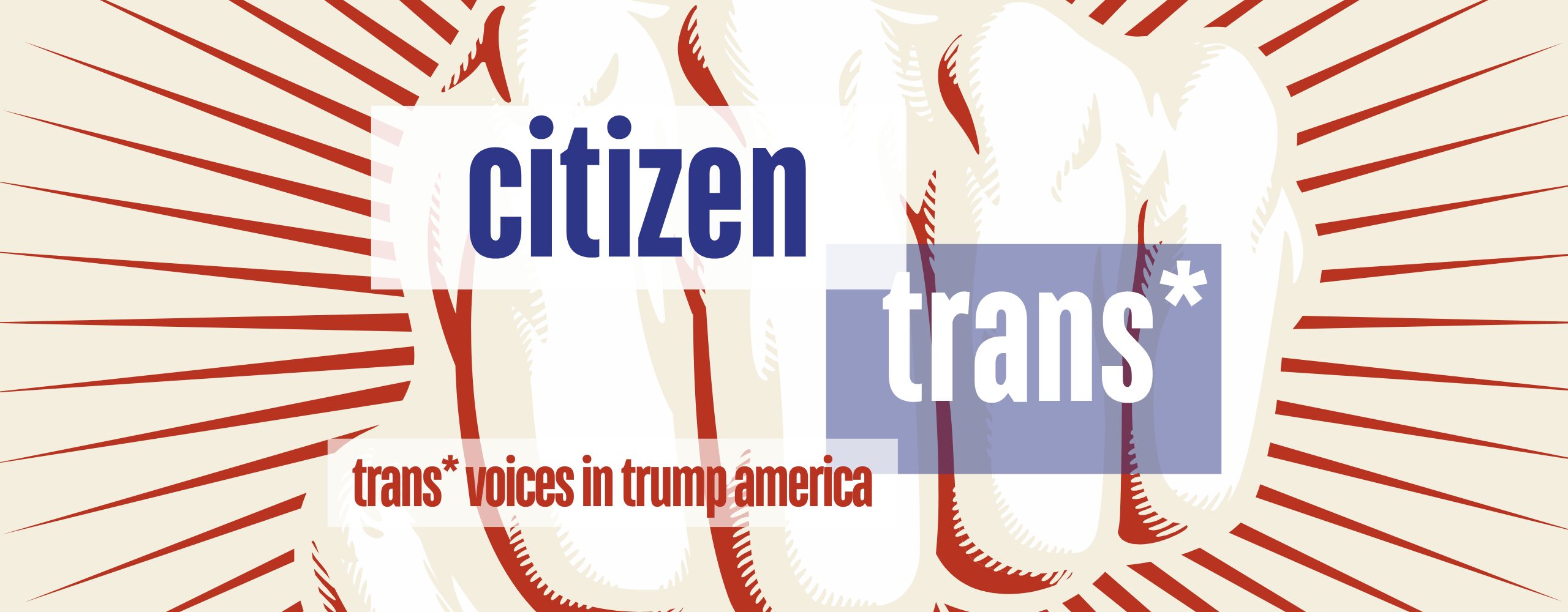Being trans and serving in the military was always a paradox for me—a bit of cognitive dissonance. Two parts of me struggling for recognition, unable to fully coexist until the world forced me to confront them.
I grew up in the military environment through my father, with a family lineage of service stretching back to the American Revolution. It wasn’t about following in their footsteps; for me, it was a deep need to contribute to something greater, as many before me had felt.
I was commissioned as an officer during the height of the pandemic, training in a world falling apart and clouded with uncertainty—a world that, in many ways, still is. I wasn’t just learning a job; I was stepping up in a moment of crisis. My role was to manage, lead, and provide care when it was needed most, least that was my told function. I didn’t just wear the uniform; I was part of a system that attempted to keep things running when everything else seemed to stop.
The military trusted me. They trusted me with millions of dollars in equipment, the lives and welfare of my soldiers, and the care of civilians we worked with during the pandemic. I did my job, and I did it well, with praise owed to every soldier in my unit as well.
But now, everything’s changed. The same institution that once praised my efforts now tells me I’m untrustworthy—simply because of my identity, dictated by Executive Orders.
The same people who once trusted me with lives now fear a small “F” on my ID. That marker, somehow, has come to symbolize the untrustworthiness they’ve decided I embody as a trans femme.
It’s absurd. They trusted me with enormous responsibility, but now they draw the line at something I can’t control: my gender. My body, my identity, have become liabilities—more of a risk than any mission I’ve ever faced.
I wonder, what does the world see when it looks at me now? A trans veteran, still proud to have served.

